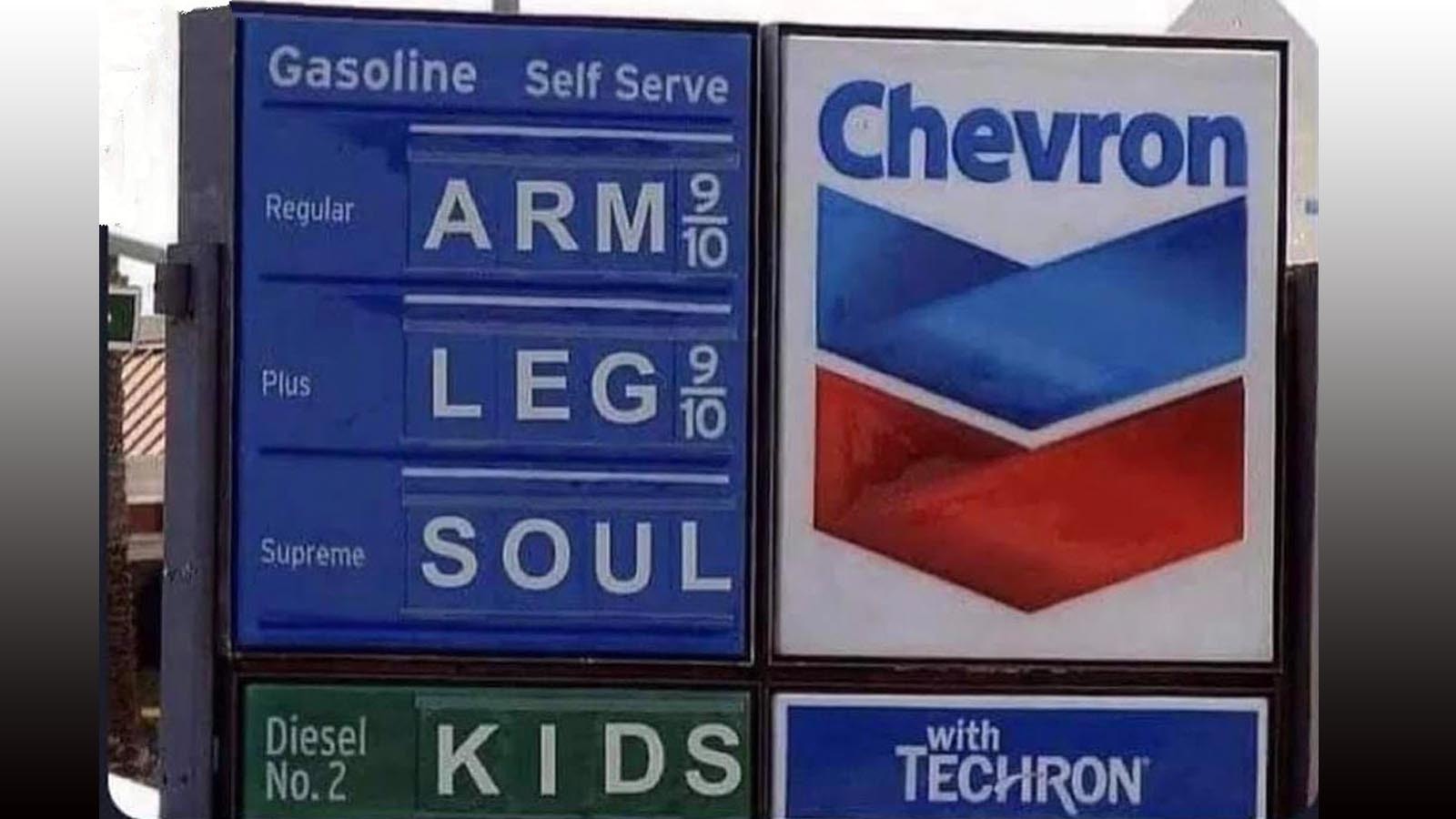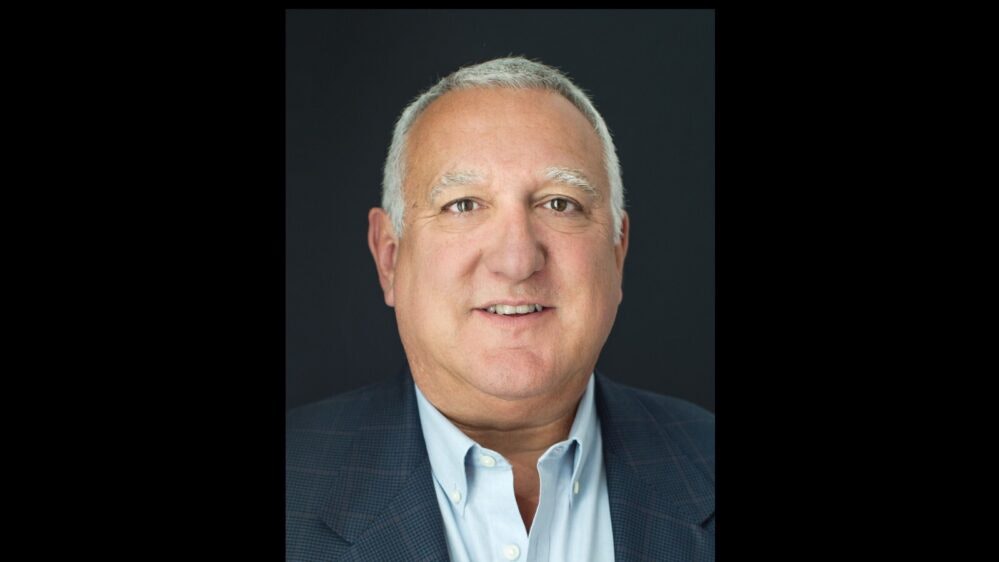Memes, clickbait, and other information fodder on the internet are full of “tips” for saving at the pump.
With gas prices being so high, it’s no wonder these are a hot topic and prime targets for getting your attention. But most of those tips are wrong. Some are so far gone, they’re not even fertilizer anymore.
But rather than just debunk the clickbait manure, we should also look at the ones that do have some merit. So here’s a little bit of both.
“Fill up in the early morning when the ground temperature is cold.” This one is hilarious. It plays on the idea that a “gallon” is less than it is when it’s cold. Pumps dispense fuel by volume, so obviously that volume is bigger when the liquid being pumped is cold.
That could be true, if you want to do the physics to figure that out, but it doesn’t apply to fuel. Fuel is stored underground. Where it’s basically always at the same temperature. That’s why your grandparents kept potatoes in the root cellar and your basement is cooler than the rest of your house.
“You should refill the tank when you are down to half.” This one has some merit. Not for the reasons often touted, which include something about gasoline vapors “wasting” fuel by occupying the top area of your tank instead of staying liquid so they can pump into the engine.
Vapors evaporate and eventually return to the liquid state. And the amount we’d be talking about is miniscule compared to the amount of fuel anyway. But, keeping your vehicle’s fuel tank fuller rather than emptier most of the time has other upsides. Namely it keeps your fuel pump from working too hard.
Most fuel pumps are cooled by the fuel around them and if there is no fuel to cool them, they can overheat and wear out early. Plus your fuel lines and injectors will stay cleaner because the junk that gathers in your fuel settles to the bottom of the tank where the pump will start sending it if the tank gets towards empty.
“Don’t fill up at a service station being refilled by a fuel tanker.” This one is an old one and it sticks around because it’s largely true. While most places to fill your tank have particulate filters to keep junk from ending up in your fuel tank, you have no way of knowing how clean or up-to-date those filters are.
The tanker filling the fuel tank below ground is likely stirring up sediment from the bottom as it does so. If the filters aren’t up to the task, that sediment will end up in your car’s fuel tank.
“Fill up on Wednesday. It’s the cheapest day of the week for gas.” Not actually true, though it likely was a few years ago. Before the advent of digital signage that allowed the station to change prices at the press of a few buttons, signs were changed manually.
To avoid looking bad, fuel stations often only changed those signs on Sunday night or early Monday morning when the “new week” would be perceived as a logical time when people would expect price changes.
Often, around Thursday afternoon or night, service stations would then change again to a “weekend rate” when most travel happened, hoping to capitalize on higher traffic. With the advent of more competition on the market and digital signage that can change in seconds, though, that’s no longer the case.
Stations can and often do change prices daily, with fluctuations of a few cents according to various market trends as reasoning. Some gas station chains don’t have immediate control over the price settings, they are updated via satellite or internet at a central location instead.
“Grocery store savings deals can save money at the pump.” This one is true. There are exceptions to every rule, but for the most part, those places that offer savings via membership programs are often the lowest-priced place to get fuel.
Assuming you have the membership points or whatever other requirements are needed. And as with all things, buyer beware. The simple math may say “Oh, I’m saving a lot!” while the longer math may show that the prices paid in the store to get those savings at the pump aren’t actually worth it.
“Fuel system cleaners can improve your fuel economy.” This one is a half-and-half. It’s true if your vehicle is older, as time does cause some buildup in the engine and injection systems that can reduce economy.
In a vehicle that is fairly new and which doesn’t have many miles on it, however, these cleaners won’t be doing much good. As with all things, consider what the manufacturer recommends and what your trusted mechanic says is best for your vehicle. Go with experts. Not some random article on the internet. Even if it was written by me.
“Premium fuel is a rip-off.” This is another grain of salt truism. For most vehicles most of the time, premium fuel is not going to improve fuel economy enough to pay for itself or keep your system “cleaner” than will a lower grade fuel.
There are exceptions. To start with, ethanol fuel, even in a mix like E10 or E15, provides lower fuel economy because of the lower energy density of ethanol versus standard gasoline of the same grade. Ethanol, however, is usually a bit cheaper than is straight gasoline, so the tradeoff is likely worth it.
Next, some vehicles require that premium-grade (91 octane or higher) be used in their engines. This is especially true of performance vehicles, high-pressure engines (such as some Ford Ecoboost and Mazda Skyactiv designs), and many turbo/supercharged luxury models. Most vehicles requiring premium fuel will say so right on their filler port.
There are other fuel saving tips floating around as well. Let us know if you’ve seen any you aren’t sure of. Most of them are probably bunk or half-truths, but there are always a few gems.
Aaron Turpen is an automotive journalist living in Cheyenne, Wyoming. His background includes commercial transportation, computer science, and a lot of adventures that begin with the phrase “the law is a pretty good suggestion, I guess.” His automotive focus is on consumer interest and both electronic and engineering technology. Turpen is a longtime writer for Car Talk and New Atlas.





